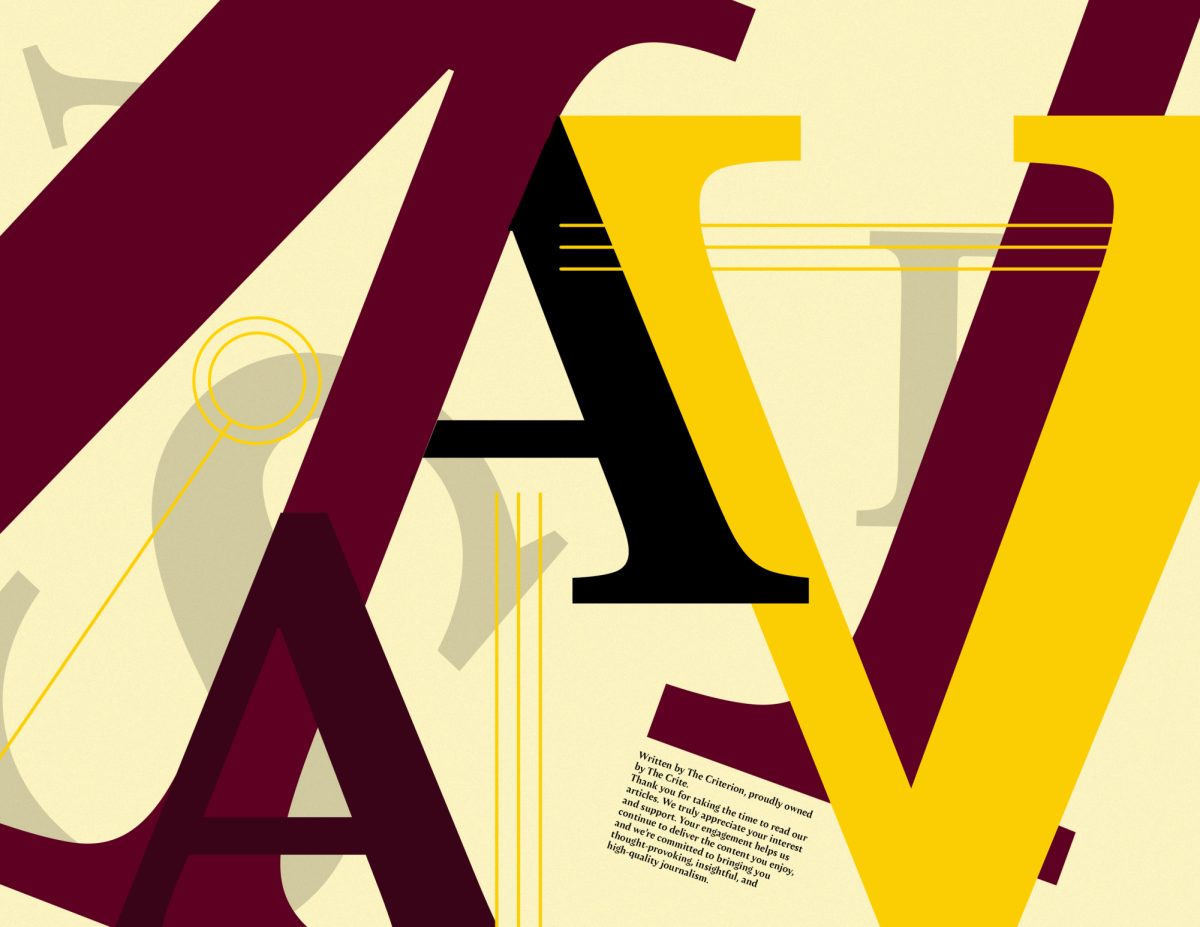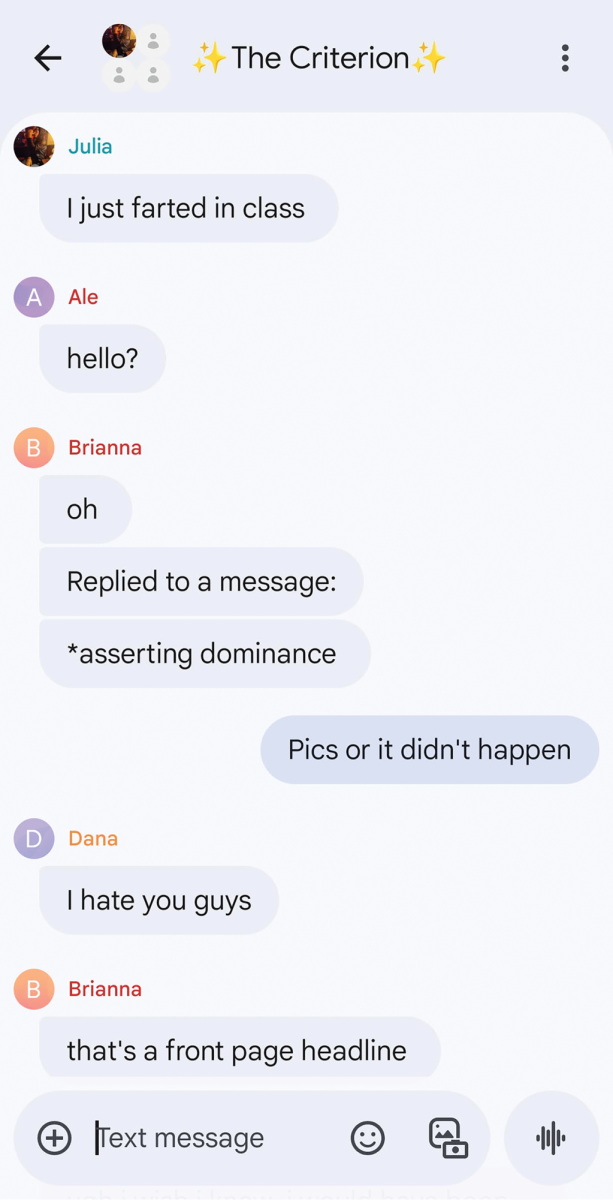Deaf culture works hard to embrace inclusivity and acceptance within the deaf community and the hearing world; yet, Colorado Mesa University (CMU) prohibits such efforts and lessons the significance of deaf involvement by not providing legitimate courses and an acceptable amount of professors.
By seemingly forcing students of the deaf community to strengthen or continue their education at the comparatively underdeveloped CMU Montrose campus, the university is promoting ableist tendencies and discriminating against Deaf involvement in Grand Junction.
Now, I understand why at first glance, it doesn’t seem discriminatory of the university to not provide courses that teach a language to a marginalized community that they are presumably fluent in.
However, not only is this a blatantly false rebuttal, it fails to recognize the fact that the deaf community will never be able to completely accommodate the hearing world’s means of communication.
It also neglects that the only way to disrupt the communication barrier between the deaf and hearing world is to allow hearing individuals to learn about deaf culture. This provides the apparatus and hierarchy needed to develop a proper education system so that hearing students can efficiently communicate with members of the deaf community.
This is critical, as members of the deaf community automatically have more troublesome experiences reaching Grand Junction’s hearing citizens. Yet what I find most concerning when discussing the lack of deaf education at CMU is how little information and detail various members of the CMU faculty were able to provide me.
When I was reaching out to easily accessible faculty members regarding the absence of a consistent American Sign Language course or absence of professors, a majority were unaware that the university even offered such courses.
By sweeping the indisputable disregard of respect towards Grand Junction’s deaf community under the rug, the university’s administration validates what they seem to view as diet discrimination.
When the school continues to grow and expand in attempts to gain the financial profit of a larger university while neglecting to practice the etiquette or mannerisms that coincide with developing a grander establishment, students whose future depend on the education provided by the administration are left to scavenge for applicable ways to connect with new members of the community.
By promoting the inclusion of deaf culture into a rapidly growing college town, the university has a prime opportunity to introduce and create a fairly progressive trait to the university which will invite a whole new wave of incoming students.








